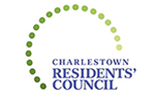Last Updated on May 1, 2019
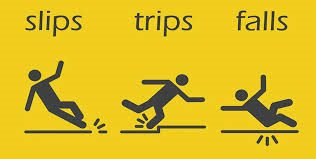
Every second of the day an older adult falls, making falls the number 1 cause of injuries and death in this age group.* Even though one in four older adults reports a fall, they are unlikely to mention this to their health care provider. At Charlestown, 2018 data reveal that there were 11,508 falls but most residents never fell a single time (73%) or fell only once (14%) with only 9% having multiple falls. The vast majority of falls (83%) occurred in residents’ apartments. Falls, even though common, should not be considered a normal part of aging because with education, care, and attentiveness, a great many are preventable.
So what actions can we take to reduce the risk of falling and enable you to Step Safely into Spring. There are 5 major areas of action. Clearly, not all of these recommendations will apply to everyone.
Keep moving because lack of exercise leads to weakness and increases the chance of falling.
• Focus particularly on exercises that increase your balance and make your legs stronger.
• Utilize the Fitness Center for Balance Classes, Yoga, Tai Chi and/or join a walking club. Residents who take the Erickson Balance class reduce their risk of falls.
• Whether you walk with or without a rollator/walker take advantage of Charlestown’s interconnected hallways to exercise.
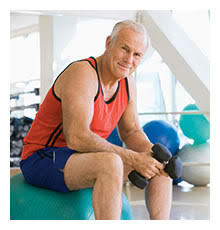

Talk with Your Health Provider:
• Tell your provider if you have fallen, feel unsteady or worry about falling.
• Develop a plan to improve your balance and leg strength. A referral to physical therapy or a personalized. strengthening/balance program in the Fitness Center may be appropriate.
• Review your prescribed and over the counter medications because some may make you sleepy, dizzy and/or unsteady.
Make Your Home Safer:
• Remove throw rugs or tape them down.
• Do a review of your floors to identify items like books, wastepaper cans, clothes/shoes that you might trip over and remove them.
• Use non-slip mats in the bathtub or shower.
• Increase the lighting in your home to increase visibility such as a night light in the bathroom.
• Keep frequently used items, food, dishes, clothes in cabinets or clothes closets that you can reach without using a step stool.
• Wear shoes with good support inside and outside your home.

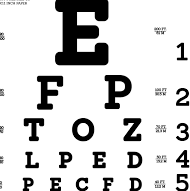
Have your Eyes and Feet Checked:
• Have your vision checked yearly and if you wear glasses you may need a new prescription. You also may have conditions that limit your vision like cataracts or glaucoma.
• Have your feet checked to see if you have conditions that interfere with your balance and mobility and thus need to see a podiatrist.
If You Have Pets:
Pets provide much joy and companionship. Having pets have documented health benefits such as lowered blood pressure and reduced depression and loneliness. However, there are fall risks with pet ownership. Most falls related to pets occur in the home (62% for dogs and 86% for cats) Below are a few actions you can take to reduce falls related to your pets.
• Be watchful of pet toys that you may trip on and pick up frequently and store in a basket or corner of a room.
• Be watchful of any spills from food or water dishes and clean up.
• Be watchful as you walk around your home since pets often get underfoot.
• For those with dogs: walking can be a risk for falls. If your dog tries to jump up on others or pull you down running after a squirrel, obedience training may help.

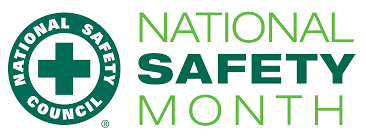
June is National Safety Month. The Safety & Security Committee and Security Staff will be providing material on falls, distracted driving, scams and fire prevention.
* All statistics from the CDC or Charlestown Falls report
Janet D. Allan, Chair and Ken Jarboe, Assistant Chair,
Safety & Security Committee
